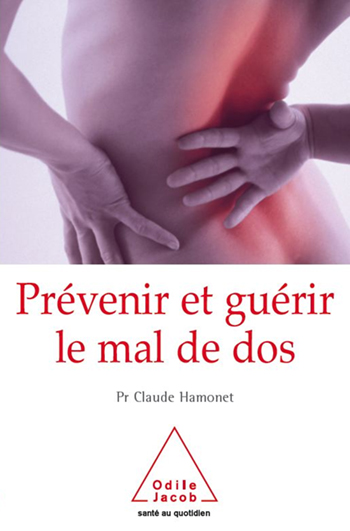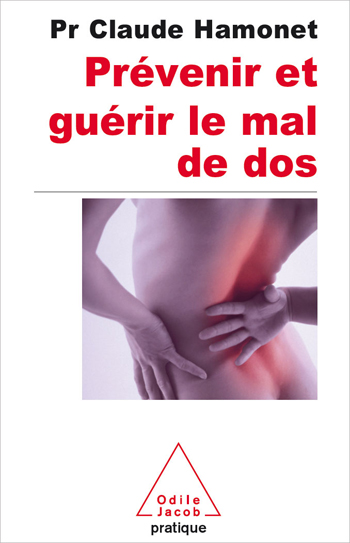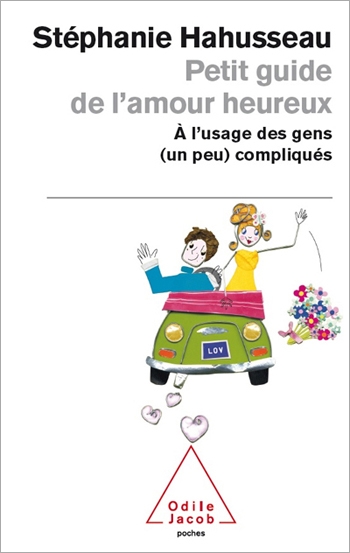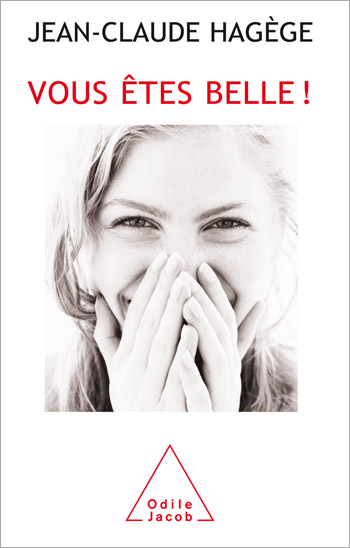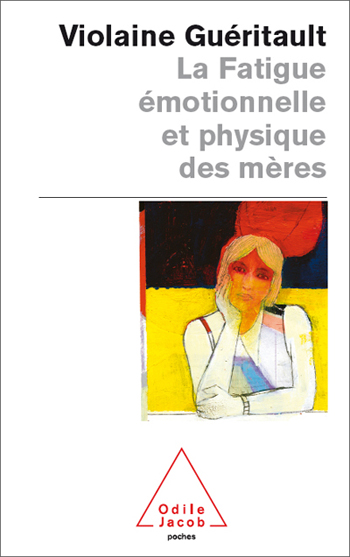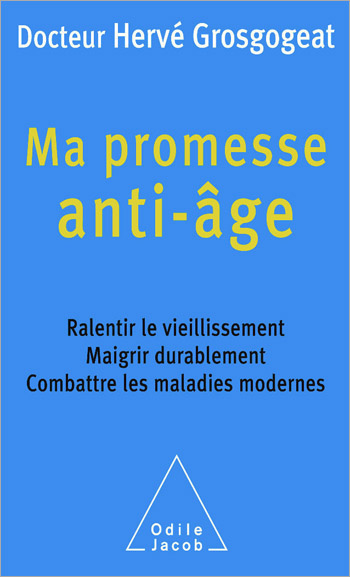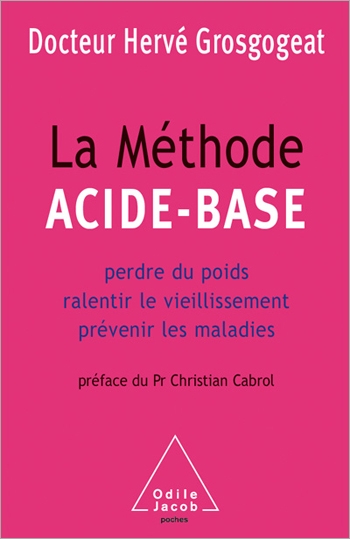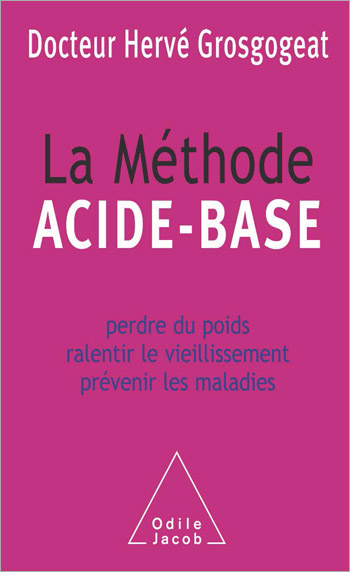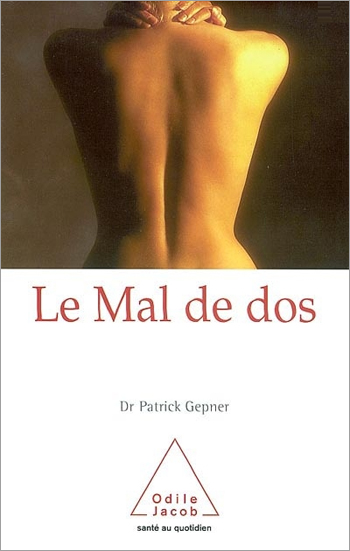Health and Wellness All books
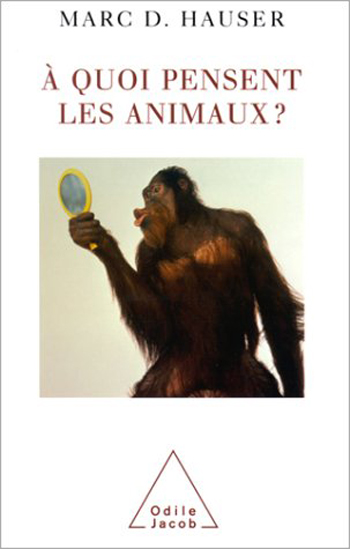
Marc D. Hauser
Wild Minds: What Animals Really Think
A slender loris comes up to a zoo keeper and hugs him. A dog lowers its head and whines when its master is unhappy. Is such behaviour a sign of affection and empathy or are other mechanisms at work, to explain the animals near-human behaviour? Why do chimps and dolphins form coalitions to defend themselves? How do lions determine, from far away, the number of gazelles calmly watering by a stream? How is it that a few species can recognise their own image in a mirror? Marc D. Hauser is a professor of psychology and neuroscience at Harvard University, where he is a fellow of the Mind, Brain and Behavior Program. Besides performing laboratory research, he has done extensive fieldwork in Kenya, Uganda and Puerto Rico.
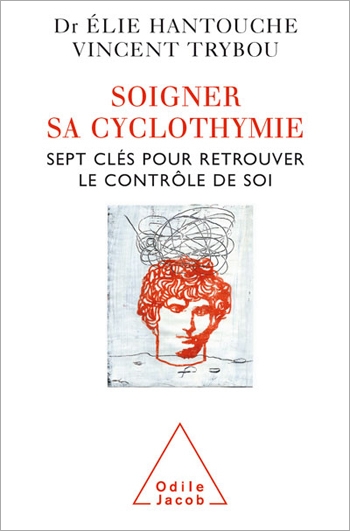
Élie Hantouche, Vincent Trybou
Treating Your Cyclothymia Seven Keys of Self-Mastery
This sensible, useful guidebook is illustrated with numerous examples; it includes self-evaluation tests, practical information, and exercises for daily use.

Olivia Hagimont
Chubby Or How I Survived the Skinny Tyranny
A light-hearted take on being overweight in the form of a ‘psychological’ comic book, with an explanatory text by psychiatrist Christophe André
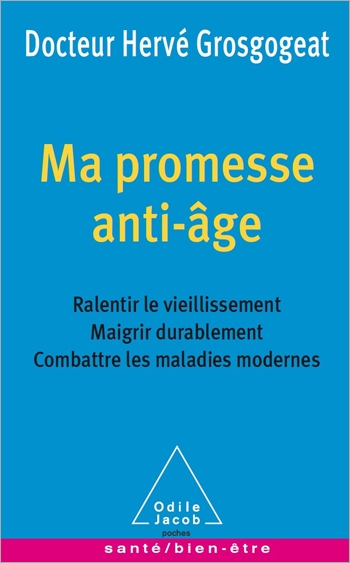
Hervé Grosgogeat
My Anti-Ageing Promise
The food we eat, the air we breathe, our emotional states, stress — all these factors have an impact on our bodies, including the skin...
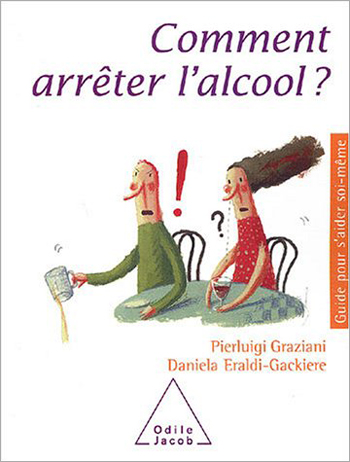
Pierluigi Graziani, Daniela Eraldi-Gackiere
How to Stop Abusing Alcohol
Not only does alcohol abuse have serious consequences for physical and psychic health, it is also destructive of personal and social relationships. But putting an end to this form of drug abuse is particularly complex, because alcohol creates a dependence that is both physical and psychological, and because it is, in many cultures, closely linked to sociability. In trying to help alcohol abusers who wish to stop drinking, one is often confronted with resistance and denial. The authors, specialists in cognitive and behavioural therapies, describe methods that have been successfully used for many years in the treatment of alcohol abuse in a hospital setting. Pierluigi Graziani is a psychologist and lecturer on clinical psychology and psychopathologies at the University of Aix-Marseille-Ain, in Aix-en-Provence. Daniela Eraldi-Gackière is a psychologist.
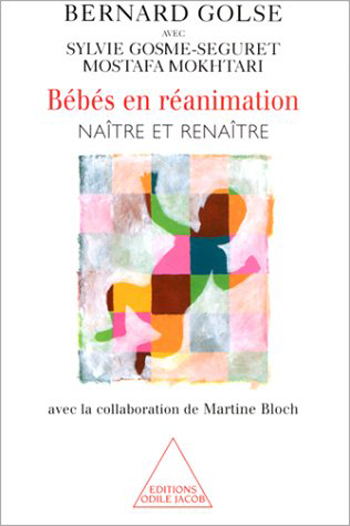
Bernard Golse, Sylvie Gosme-Seguret, Mostafa Mokhtari
Babies in Intensive Care Born and Reborn (with the collaboration of Martine Bloch)
Today, about 10% of all infants spend at least some time in an intensive care unit immediately after birth. This means that a significant number of babies begin their lives in a highly technical, medical environment, far from a home and family environment. How are these children affected by such early medical treatment? What is the impact on their psychic growth and development, and how can it be limited ? A child psychiatrist and psychoanalyst, Bernard Golse heads the child psychiatry department at the Hôpital Saint Vincent de Paul, in Paris. He teaches child and adolescent psychiatry at the University of Paris V.

